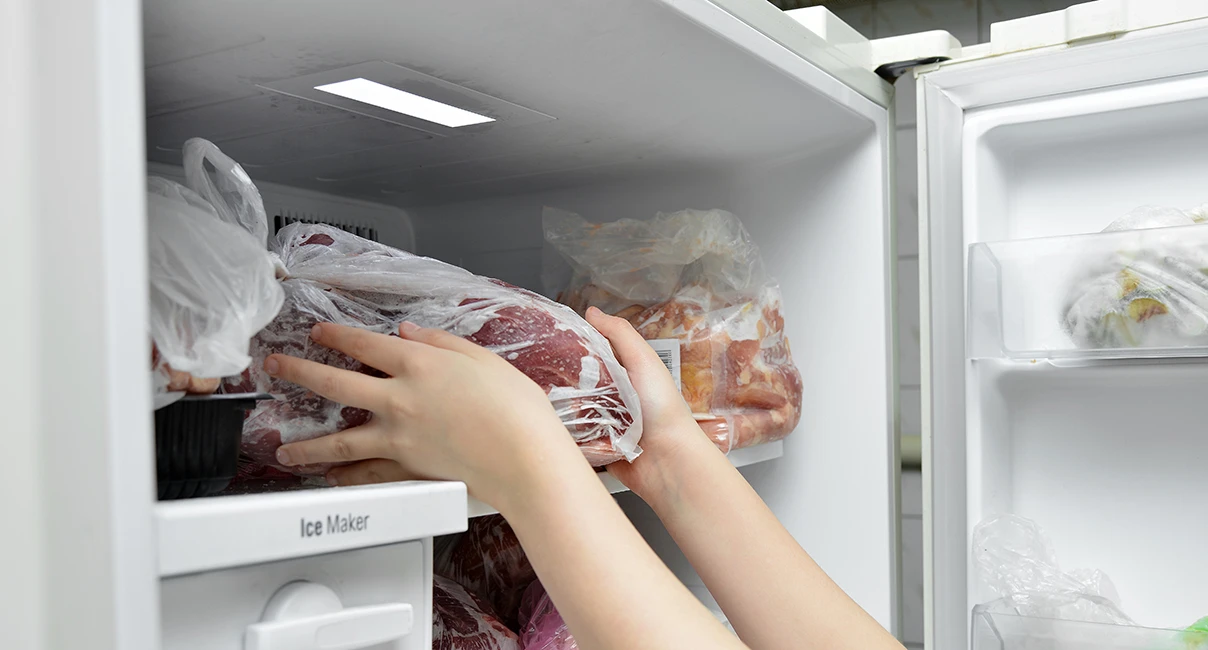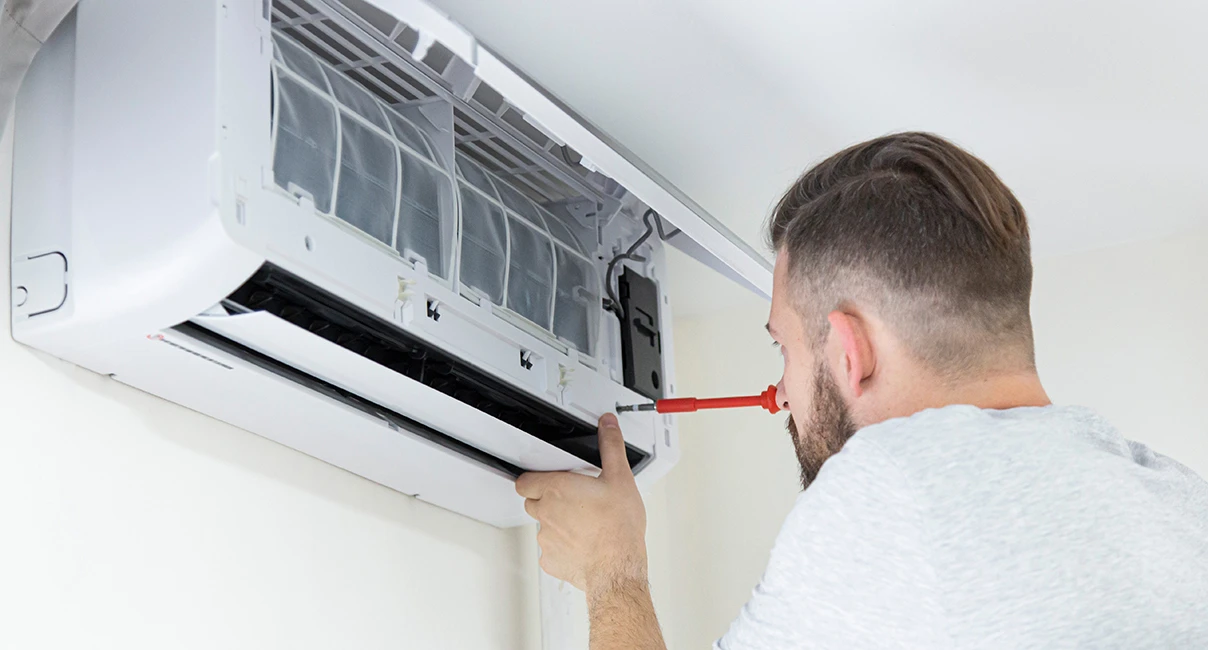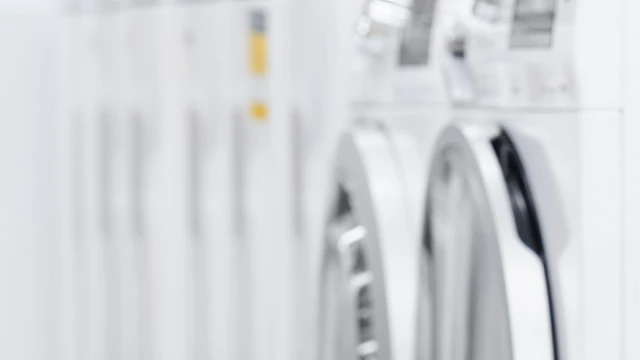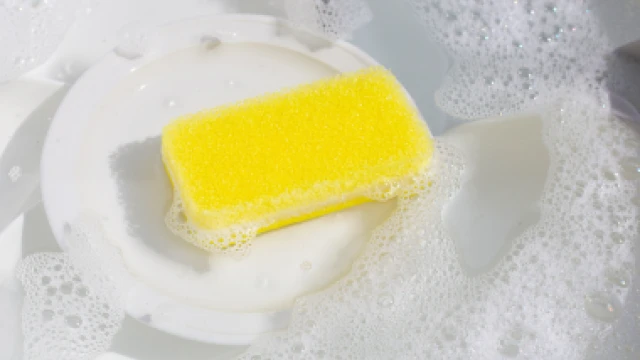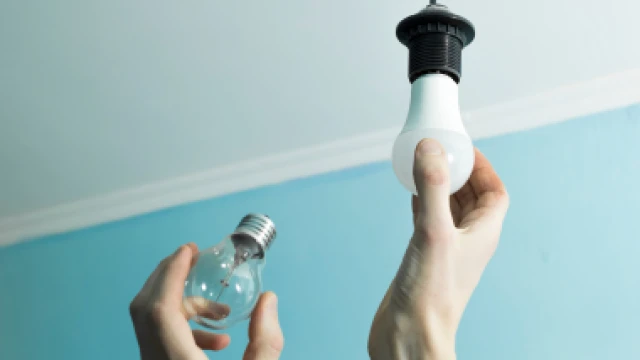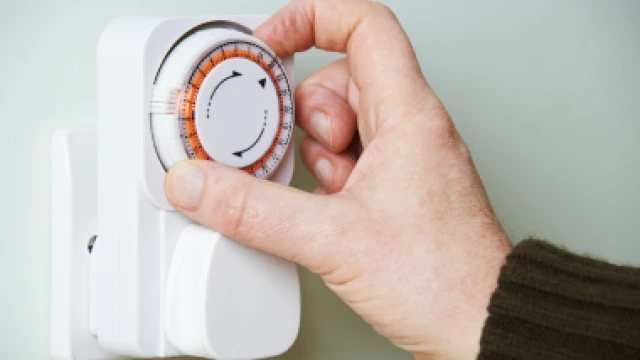Completing some routine maintenance (no handy man required) can help keep your fridge or freezer in top condition and help you save on energy costs.
Check your door seals
Check to see if your fridge/freezer door seals need replacing. Put a torch in the fridge, turn off all the lights and check for light seepage through the seal.
Clean the coils
If the condenser coils at the back of your fridge are covered in dust it can’t run efficiently. To clean the coils, pull the fridge away from the wall, unplug it and vacuum the coils using the brush attachment.
Set the right temperature
As a general rule of thumb, your fridge should be set between 3°C and 5°C (the freezer between -15°C and -18°C) for safe food storage.
Wrap your hot water cylinder
Gen Less estimates that 30 percent of power used by an average household is used for heating water.
If your electric hot water cylinder was installed before 2002, chances are it’s not well insulated. Wrapping your cylinder is an easy DIY job and helps your cylinder retain heat so it doesn’t have to work so hard, hence saving you money. You should also insulate the first metre of hot water pipe coming off your cylinder. Note that gas hot water cylinders should not be wrapped.
Keep your heat pump clean
Heat pumps are a great choice to efficiently heat or cool your home, but a lack of simple cleaning and maintenance can affect their energy efficiency. Consumer NZ suggests cleaning your heat pump at least four times a year if you use it regularly throughout the year. Don’t worry – it’s easy to do – they explain it all in their article here.
